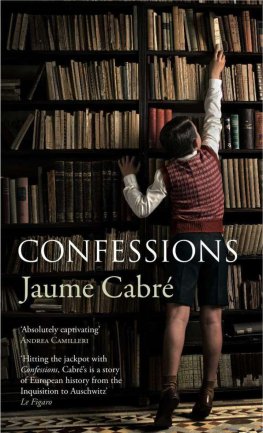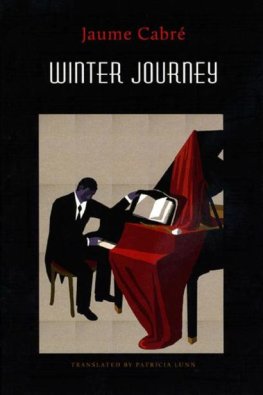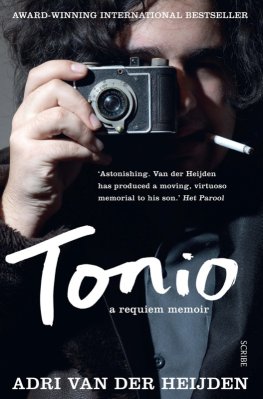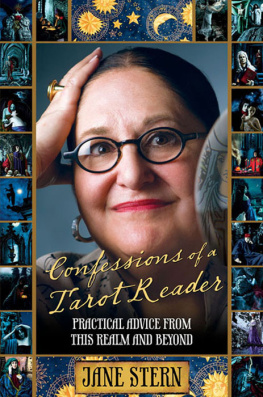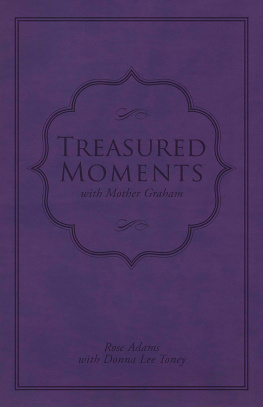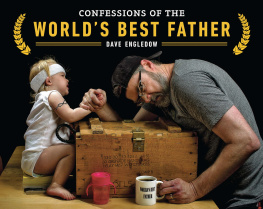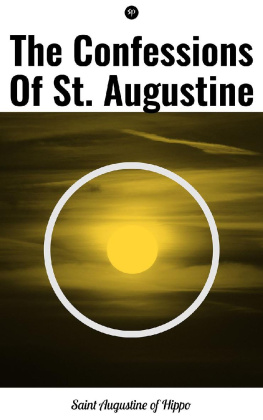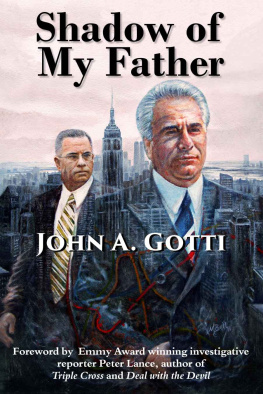I will be nothing.
Carles Camps Mund
It wasnt until last night, walking along the wet streets of Vallcarca, that I finally comprehended that being born into my family had been an unforgivable mistake. Suddenly I understood that I had always been alone, never able to count on parents or a God I could entrust to search for solutions though, as I grew up, I got in the habit of delegating the weight of thought and the responsibility for my actions into vague beliefs and very wide readings. Yesterday, Tuesday night, caught in the downpour on my way home from Dalmaus house, I came to the conclusion that this burden was mine alone. And that my successes and my mistakes were my responsibility and only mine. It had taken me sixty years to see it. I hope you can understand me, understand that I feel abandoned, alone and absolutely bereft without you. Despite the distance that separates us, you are an example for me. Despite my panic, I refuse to cling to driftwood in order to stay afloat. Despite some insinuations, I remain without beliefs, without priests, without consensual codes that smooth out my road to who knows where. I feel old, and the hooded figure with the scythe calls me to follow him. I see that he has moved his black bishop and gestures politely for me to continue the game. He knows I have very few pawns left. Still, it is not tomorrow yet and I look for a piece to move. I am alone before this page, my last chance.
Dont trust me blindly. Memoirs written for a single reader are prone to falsehoods and I know that Ill tend to land on my feet, like cats do; but Ill make an effort not to invent much. It was all like this and worse. I know that I should have talked to you about this long ago; but its difficult and right now I dont know where to begin.
It all started, really, more than five hundred years ago, when a tormented man decided to request entry into the monastery of Sant Pere del Burgal. If he hadnt, or if Father Prior Josep de Sant Bartomeu had held firm in his refusal, I wouldnt be explaining all this now. But I cant go back that far. Ill begin later on. Much later on.
Your father Look, Son. Father
No, no; I dont want to start there either. Its better to start with the study where I am writing now, in front of your impressive self-portrait. The study is my world, my life, my universe, where almost everything has a place, except love. I wasnt usually allowed in here when I ran through the flat in shorts or with my hands covered in chilblains during autumns and winters. I had to sneak in. I knew every nook and corner, and for a few years I had a secret fortress behind the sofa, which I had to dismantle after each incursion so Little Lola wouldnt discover it when she passed the floorcloth back there. But every time I entered lawfully I had to behave like a guest, with my hands behind my back as Father showed me the latest manuscript hed found in a rundown shop in Berlin, look at this, and be careful with those hands, I dont want to have to scold you. Adri leaned over the manuscript, very curious.
Its in German, right? his hand reaching out as if by reflex.
Psst! Watch those fingers! Youre always touching everything He smacked his hand. What were you saying?
Its in German, right? rubbing his smarting hand.
Yes.
I want to learn German.
Flix Ardvol looked proudly at his son and told him you can start studying it very soon, my boy.
In fact, it wasnt a manuscript but a packet of brownish folios: on the first page, in an overly ornate hand, it read Der begrabene Leuchter. Eine Legende.
Who is Stefan Zweig?
Father a magnifying glass in his hand, distracted by a correction in the margin of the first paragraph instead of answering a writer, my son, just said well, some guy who killed himself in Brazil ten or twelve years ago. For a long time the only thing I knew about Stefan Zweig was that he was a guy who killed himself in Brazil ten or twelve, or thirteen, fourteen or fifteen years ago, until I was able to read the manuscript and learn a little about who he was.
And then the visit ended and Adri left the study with the recommendation that he keep quiet: you could never run or shout or chat inside the house because if Father wasnt studying a manuscript under a magnifying glass, he was reviewing the inventory of medieval maps or thinking about where to acquire new objects that would make his fingers tremble. The only thing I was allowed to do that made noise, in my room, was studying the violin. But I couldnt spend the entire day practising arpeggio exercise number XXIII in O livro dos exerccios da velocidade. That exercise made me hate Trullols so much, but it didnt make me hate the violin. No, I didnt hate Trullols. But she could be very annoying, especially when she insisted on exercise XXIII.
Im just saying we could change it up a bit.
Here, and she would tap the score with the heel of the bow, you will find all the difficulties summed up on one page. It is a simply genius exercise.
But I
For Friday I want number XXIII perfect. Even bar 27.
Sometimes Trullols was thick like that. But, overall, she was an acceptable woman. And sometimes, more than acceptable.
Bernat thought the same. I hadnt yet met Bernat when I did O livro dos exerccios da velocidade. But we shared the same opinion about Trullols. She must have been a great teacher even though she doesnt appear in the history books, as far as I know. I think I need to focus because Im jumbling everything up. Yes, there are surely things you know, especially when theyre about you. But there are snippets of the soul that I dont believe you do know because its impossible to know a person completely, no matter what.
Even though it was more spectacular, I didnt like the shop as much as the study at home. Perhaps because those very few times when I went in there, I always felt I was being watched. The shop had one advantage, which was that I could gaze upon Ceclia, who was gorgeous; I was deeply in love with her. She was a woman with galactic blonde hair, always well-coiffed, and with full lips of furious red. And she was always busy with her catalogues and her price lists, and writing labels, and helping the few customers that came in, with a smile that revealed her perfect teeth.
Do you have musical instruments?
The man hadnt even removed his hat. Standing in front of Ceclia, he glanced around: lights, candelabra, cherry-wood chairs with very fine inlay work, canaps en confident from the early nineteenth century, vases of every size and period He didnt even see me.
Not many, but if youll follow me
The not many instruments at the shop were a couple of violins and a viola that didnt sound very good but had gut strings that were miraculously unbroken. And a dented tuba, two magnificent flugelhorns and a trumpet, which the valleys governor had sounded desperately to warn the people in the other valleys that the Paneveggio forest was burning. Those in Pard c asked for help from Sirr, San Martino and even from Welschnofen, which had suffered its own flames not long before, and from Moena and Soraga, where they had perhaps already noticed the alarming odour of that disaster in the Year of Our Lord 1690, when the earth was round for almost everyone and if unknown ailments, godless savages and beasts of sea and land, ice storms or excessive rains didnt impede it the boats that vanished to the west returned from the east, with their sailors more gaunt and haggard, their gazes lost out on the horizon and bad dreams gripping their nights. The summer of that Year of Our Lord 1690, every inhabitant of Pard c, Moena, Sirr, and San Martino except the prostrate, ran to look with sleepy eyes at the disaster that was destroying their lives, some more than others. That dreadful fire they watched helplessly had already consumed loads of good wood. When the fire was put out with the help of some timely rains, Jachiam, the fourth and cleverest son of Mureda of Pard c, travelled carefully through the devastated forest to search for serviceable logs in corners the flames hadnt reached. Halfway down to the s ravine, he squatted to move his bowels beneath a young fir tree that was now coal. But what he saw took away all desire to relieve himself: resinous wood wrapped in a rag that gave off the scent of camphor and some other strange substance. He very carefully unravelled the rags that hadnt been completely burned in the hellish fire that had demolished his future. What he discovered made him feel faint: the dirty green rag that hid the resinous kindling, with hems of an even dirtier yellow cord, was a piece of the doublet usually worn by Bulchanij Brocia, the fattest man in Moena. When he found two more piles of cloth, those ones well burned, he understood that Bulchanij that monster had followed through on his threat to ruin the Mureda family and, with them, the entire village of Pard c.

